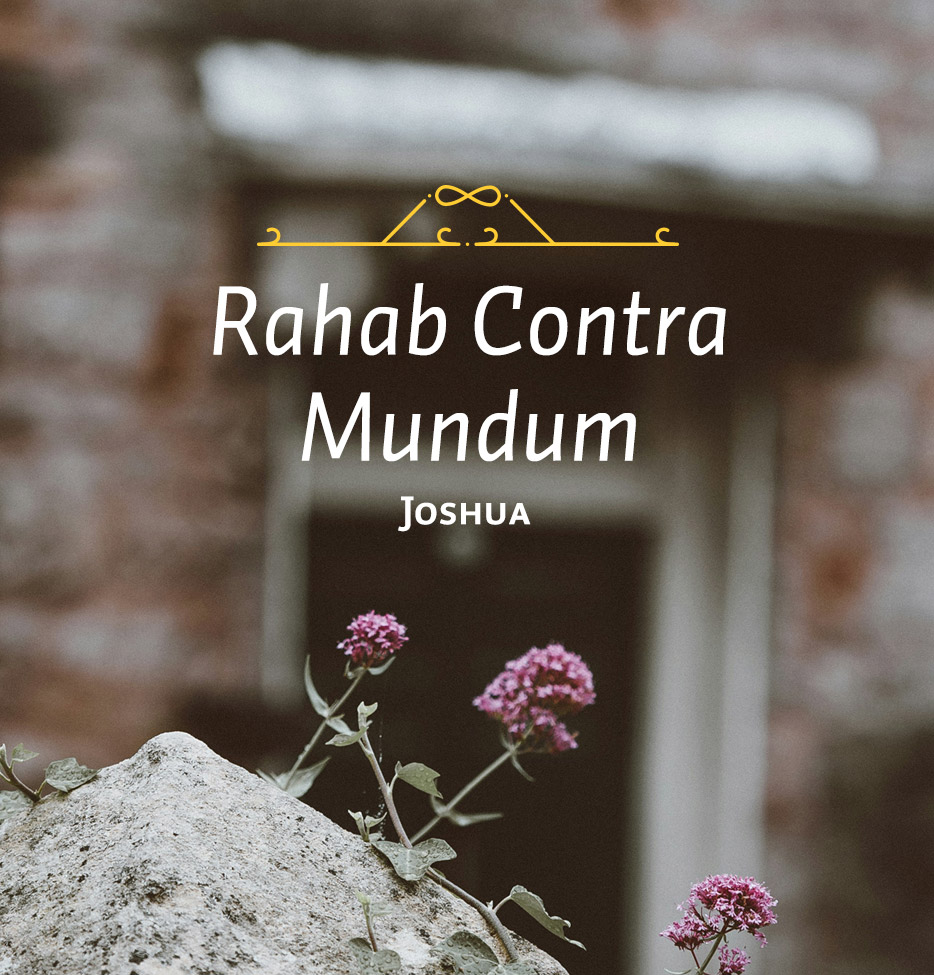Continuing the idea from yesterday’s study, isn’t it striking that in this story of judgment, the first thing is not of judgment, but of an act of mercy as God reaches out to save this pagan woman. It should direct our attention to the mercy of God, in Rahab’s case and in other cases as well. The mercy of God is particularly evident in Rahab’s case because, humanly speaking, she had nothing going for her. You have to think of her liabilities. First of all, she was a Gentile. To be a Gentile was nothing. It was to be cut off from all the spiritual benefits that God had poured upon the Jewish people in history. Rahab didn’t have a Bible. Rahab didn’t have the patriarchs. Rahab didn’t have true worship. Rahab didn’t understand any of these things spiritually. She was a Gentile.
Not only was she a Gentile, but she was an Amorite. Now when the people of the land are named, the Amorites are just one of the peoples. There are about twelve different tribes that are named. And yet it would seem that of all these wicked people, the Amorites were very wicked. They performed vile sacrifices, even killing their own children. That’s why, when God spoke to Abraham, He said that the iniquity of the Amorites is not yet full. There was particular wickedness associated with that tribal division.
So Rahab was a Gentile and, beyond that, an Amorite. But in addition to these, she was a prostitute. This has bothered some people, causing them to conclude that while she may have been a prostitute in the past, by this time she had reformed her sinful way of life. But that is not what the Bible says. It says that Rahab was a prostitute. Now, I do think that Rahab was converted before the story, and it may well have been that she had recently abandoned her profession or was in the process of abandoning it. But I do notice that when the king heard a rumor that two spies had entered the city and had gone into her house, he wasn’t at all surprised that strangers had gone there. After all, men were coming and going all the time. Thus, when she told the king that the spies had been there but left, he accepted that. I think it indicates that she really was an immoral woman.
All this might cause one to ask whether it was fitting that God should save a person like that. But Francis Schaeffer says in his commentary that it is most fitting because it’s precisely people like that who God saves. Jesus Himself said, “I did not come to call the righteous, but sinners to repentance.” And He said, “There’s more joy in heaven over a sinner who repents than over all the righteous who have no need of repentance.” Rahab was a woman who really did repent.






